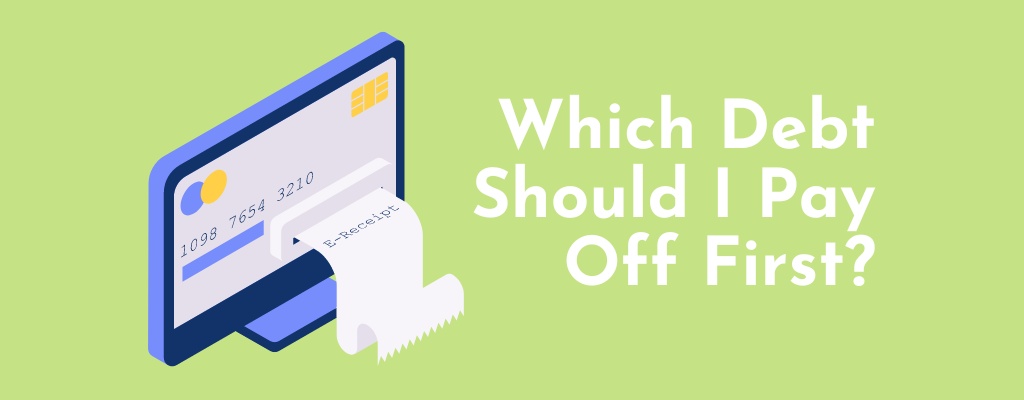By Stacy Francis, CFP®, CDFA
At a recent get-together at my parents house, one of their friends was excited to tell me his company had given him a substantial bonus – one that far exceeded his expectations. Thrilled to have a financial expert at the party, he asked whether I thought he should invest the money, or use it to pay down debt.
This is a brilliant question, and one that is fairly simple to answer. It depends on the cost of your debt, as well as the return on the investment you are considering. Some types of debt, like credit card debt, are expensive, so if you have them you should definitely use the money to pay them off. I know it sounds boring, but you will be happy later, when financing charges stop eating half your paycheck.
Other types of debt, such as student loans and mortgages, tend to have fairly reasonable rates and long payback times. Hence, you may be better off investing the money than paying them off. Say, for instance, that you pay 6% interest on your mortgage, and the yield from the investment you would like to try is 8%. In this case, depending on what kind of risk comes with the potential investment, you may be able to walk away with an extra 2% per year if you invest the money rather than dumping it into your home.
As all the debt my parents’ friend had was a low-interest mortgage, he decided to invest the money – after treating himself to a cruise with his wife. After all, life’s supposed to be lived. As for you, next time you come across a larger-than-expected sum of money, compare rates. The answer to this question is simply mathematical.
Types of Debt, From Worst to Best
My parents’ friend is far from the only one having a hard time keeping different types of debt apart. With this in mind, here’s a list of different types of debt, starting with the kinds you want to lose right away and ending with the types you may actually want to keep.
- Credit card debt. Don’t do it, and if you have already done it, pay it back and never do it again. It’s that simple.
- Loans against your 401(k). These are nowhere near as bad as credit card debt, but losing them will enhance your financial health significantly.
- Auto loans. As long as you can afford your monthly payment without any problems, you can keep this type of debt.
- Home equity loans/second mortgages. This loan type should be paid off before you consider losing the categories below.
- Student debt. Student loans tend to be pretty favorable – pay them off after the types above, but before you consider making a dent in your mortgage.
- Mortgages. Interest rates are generally favorable for mortgages, making it more important to contribute to 401(k) plans and other types of retirement savings accounts than paying off your mortgage.
How Much Debt is Too Much?
Debt is truly a widespread problem these days. So with each of my clients who are trying to regain control of their money, I usually start out by breaking down their finances – income, costs, spending, and debt. In many cases, their debt-to-income ratio comes out higher than the limits most lending institutions use when determining how large a mortgage an individual can carry. According to them, if your debt payments (including mortgage payments) eat up more than 36% of your gross income, you should consider changing your lifestyle. If you do not own a home, of course your debt payments should be much smaller than that. Still, many people are far deeper in debt.
The good news is, by taking an honest look at your finances, drafting a budget, and making changes – some smaller, some bigger – you can turn this around and face a brighter financial future. I see it happen all the time. All you need is determination and a network of people who support you.
Take debt management courses (and other financial literacy classes) for free! Sign up for the Savvy Ladies Financial Knowledge Program here.


